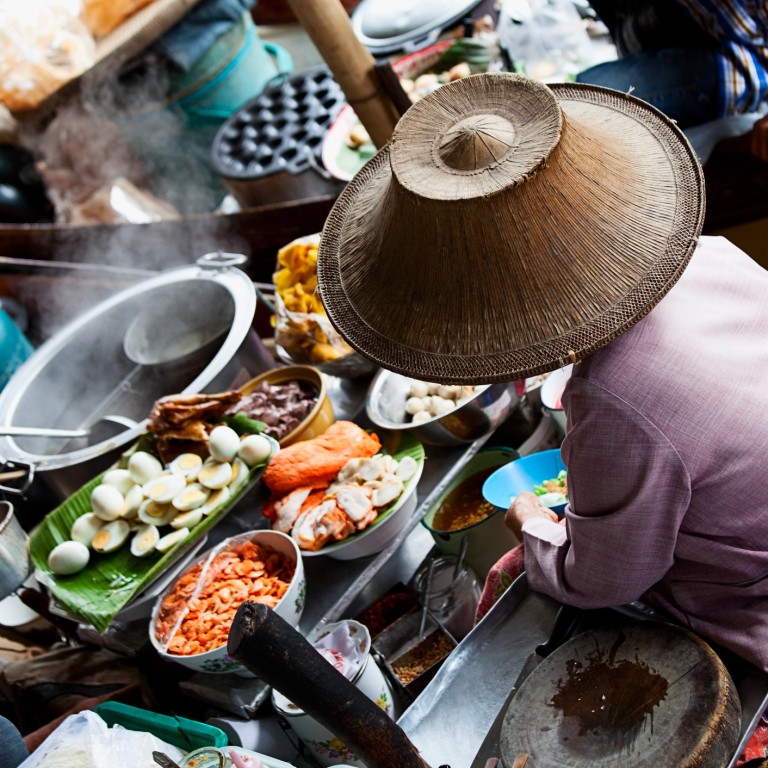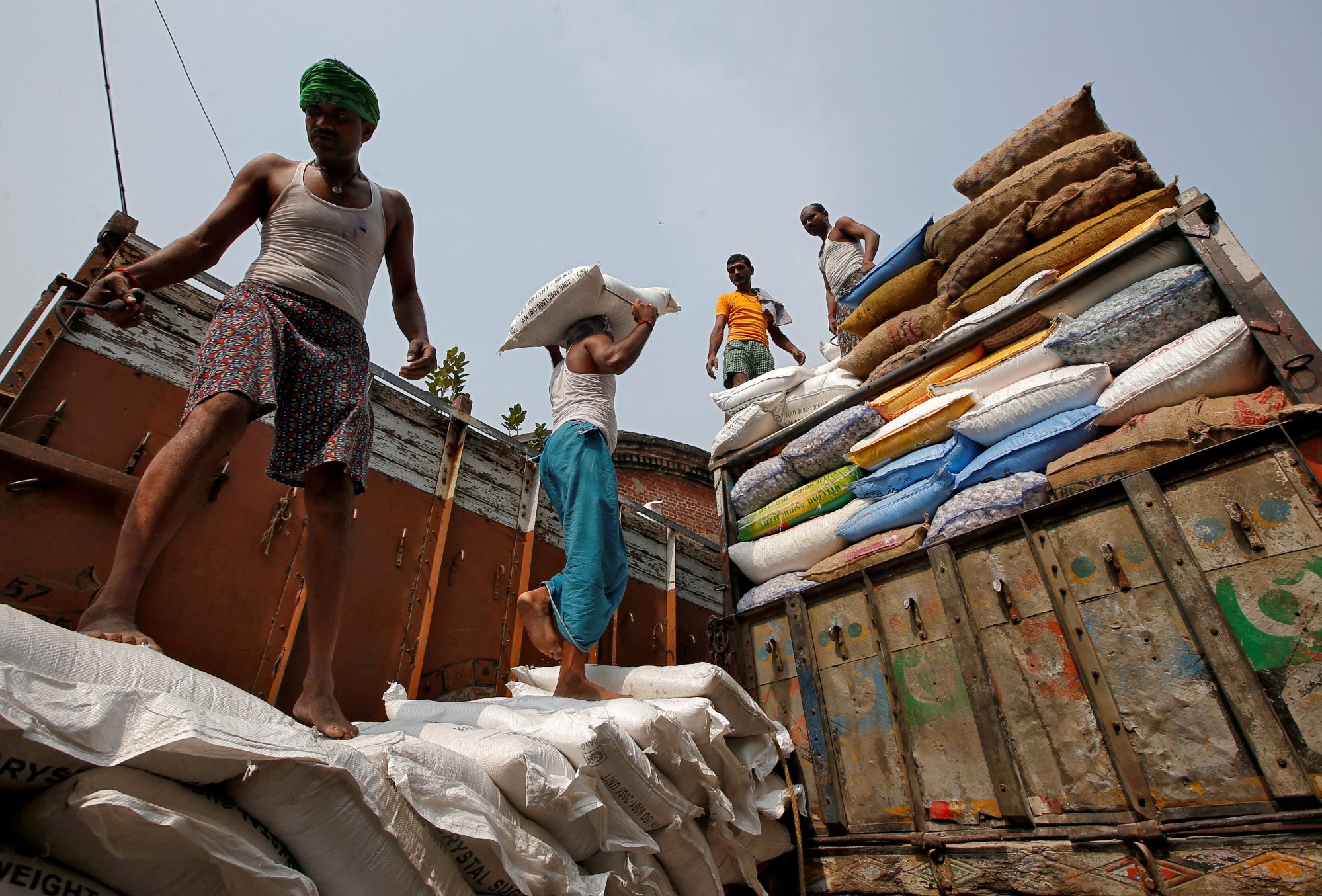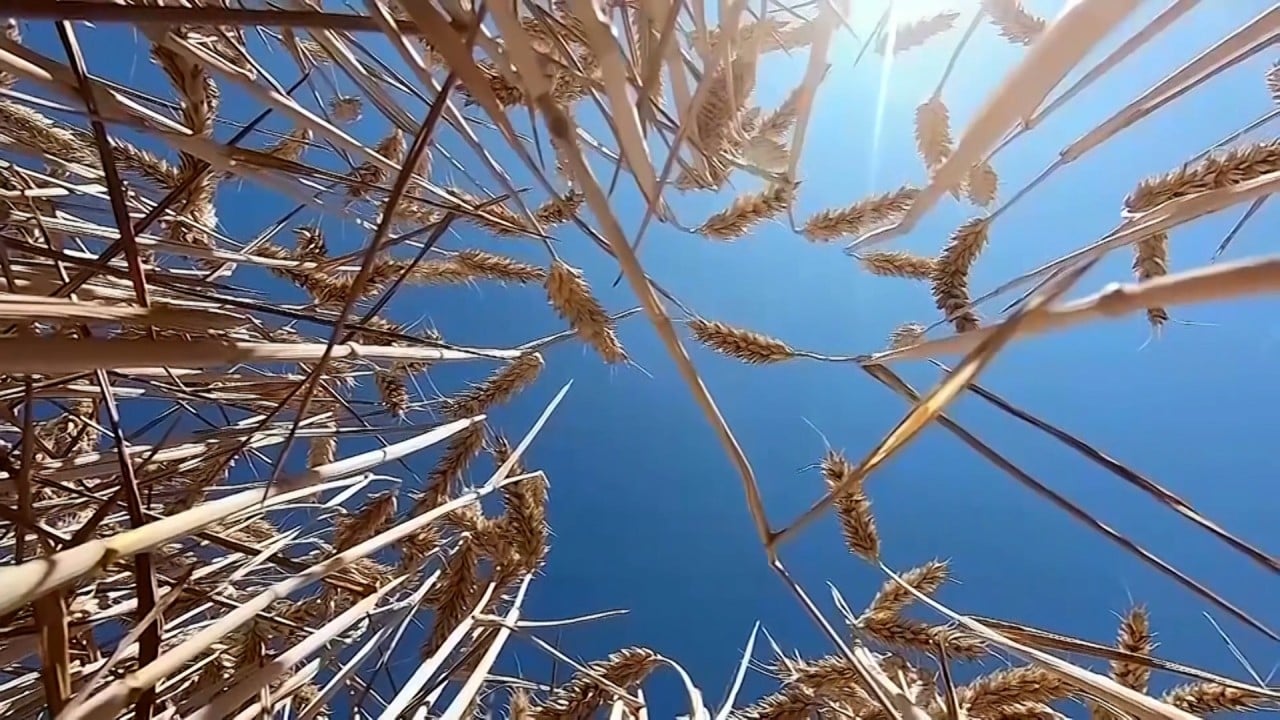
Thailand ‘kitchen of the world’ benefits from neighbouring countries’ export bans
- Malaysia has banned poultry exports and India has taken steps to keep more of its wheat and sugar at home; Thai producers are enjoying strong harvests this year
- Baht at all-time low, plus: ‘Thailand is unlikely to suffer from food shortages like other countries as it’s the kitchen of the world,’ industry chief said
Thailand – a major exporter of sugar, chickens and rice – looks set to benefit as many of its Asian neighbours limit shipments of agricultural commodities to shelter consumers from surging prices.
In recent days, Malaysia has banned poultry exports and India has taken steps to keep more of its sugar at home. The rising food protectionism and price rallies are welcome news for Thai producers that are enjoying strong harvests this year after back-to-back droughts. The baht’s decline to a five-year low earlier this month is also making the country’s shipments relatively cheaper.
Global food prices have surged to multi-year highs as the economic recovery from the pandemic coincided with Russia’s invasion of Ukraine, which has upended flows of agricultural commodities.
Thai food exports this year now look likely to surpass a forecast in January for a record 1.2 trillion baht (US$35 billion) made by the Bangkok-based National Food Institute.
Malaysia to stop exporting millions of chickens amid shortages
“If the war and the food-supply crunch continue, food prices will remain high and that will benefit us,” said Sirivuthi Siamphakdee, a director of Kaset Thai International Sugar Corporation and former vice-chairman of the Thai Sugar Millers Corporation, an industry association.
“Thailand is unlikely to suffer from food shortages like other countries as it’s the kitchen of the world,” he said.
The millers group forecasts Thai sugar exports will jump at least 40 per cent in the 2021-22 season. International prices of the commodity have risen around 25 per cent over the past year, and the Indian move to restrict shipments could give the rally more impetus. Local producers are delaying signing forward contracts for the crop in expectation of higher prices, Sirivuthi said.
Shipments of rice, Thailand’s biggest agricultural export, are forecast by the government to reach a four-year high of at least 8 million metric tons this year. The grain has surged around 30 per cent over the past year in Chicago.
Thailand has seen brisk demand for its rice, including from Iraq, but the price rally may see buyers adopt a wait-and-see approach, said Chookiat Ophaswongse, honorary president of the Thai Rice Exporters Association. While no countries have restricted rice exports so far, the trade needs to be closely monitored, he said.
Poultry is Thailand’s biggest food export earner after rice, and the Malaysian ban should be a boon for the country. The Thai grill Processing Exporters Association is estimating shipments will rise to to 950,000 tons this year from 930,000 tons in 2021.

Charoen Pokphand Foods PCL, a Thai meat producer owned by the billionaire Chearavanont family, is in a strong position to capture the recovery in post-pandemic consumption, RHB Research Institute analyst Soon Wei Siang said in a note on Wednesday.
“Europe and Japan have a very strong demand for Thai poultry as they begin to ease economic restrictions,” said Kukrit Arepagorn, manager of the grill association. Chinese demand is a concern, however, due to virus lockdowns and strict import inspections, he said.


